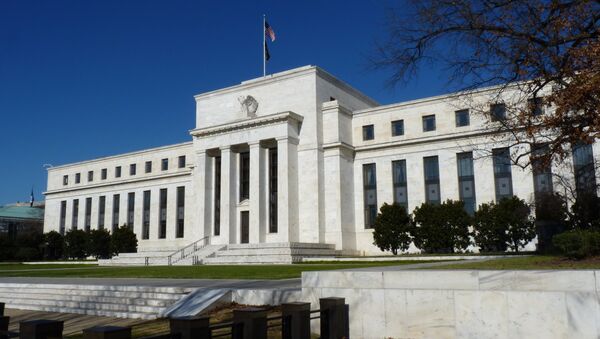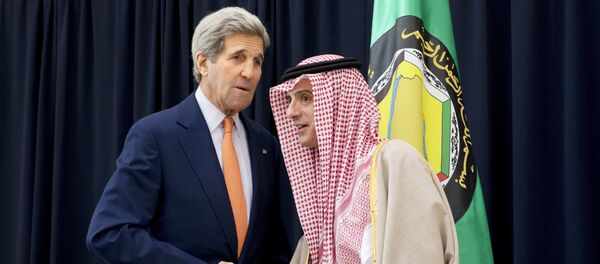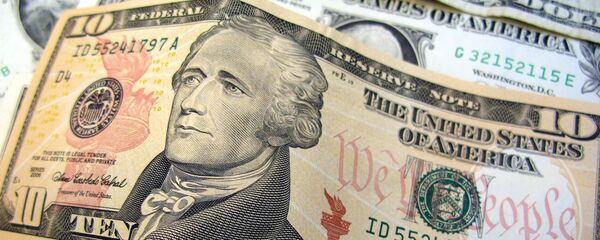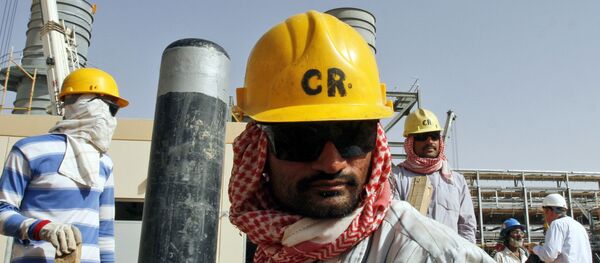The drop in global oil prices has seriously damaged the kingdom’s economy. Currently, Riyadh needs oil prices to be around $80 a barrel to balance its budget. This year, its fiscal deficit is expected to reach 19 percent of GDP. Last year, the kingdom saw a current account deficit of 8.2 percent of GDP. All of the above has forced Saudi authorities to begin liquidating reserves to cover financial shortfalls.
Saudi Arabia is the third-largest holder of US dollar reserves and a significant owner of dollar-denominated assets.
The author outlined several reasons why a possible sell-off by Saudi Arabia is highly unlikely to affect the US economy or global financial markets.
But even if assuming the Saudis could, the move would result in the depreciation of the US dollar, which would result in capital losses for their remaining dollar reserves.
"With their sovereign credit rating having recently been downgraded, this scenario would hardly be appealing to the Saudi authorities," the analyst pointed out.
Second, given that all dollar-denominated transactions pass through US transaction systems, after selling their dollar assets, Riyadh would then have to sell all or most of their dollar holdings.
However, switching to other currencies involves increased financial risks.
"The US dollar is still easily considered the greatest safe haven in the world compared to alternatives, such as the euro, that currently look very unappealing," Wilson underscored.
Third, the foreign exchange market is liquid enough to handle a significant surge in foreign exchange transactions. Currently, global foreign exchange-rate markets are averaging $5 trillion in trading a day, 80 percent of it in dollars.
Finally, in the event of a significant market shock where US Treasuries prices were to drop and domestic interest rates rise, the Federal Reserve could accommodate the movement by buying Treasuries through open-market conditions, according to the article.
"Dumping US bonds is not really an option for any country holding major positions. To the extent that the number of bonds the United States sells is a problem — and it is a problem — it is not because it gives others leverage over America. It is because it is reflective of decades of out-of-control spending, which must be addressed for the sake of the country’s long-term economic health," the analyst concluded.





